
Shaomeng Wang
I have been working on the discovery and development of novel small-molecules therapeutics for more than 20 years. One area of my research has been focused on targeting protein-protein interactions which regulate apoptosis, including the PPIs between the anti-death Bcl-2 and pro-death Bcl-2 members, the MDM2-p53 PPI, and the PPI of IAP proteins with Smac. My research in targeting apoptosis has resulted in the discovery and advancement of 8 compounds into Phase I/II clinical development targeting Bcl-2/Bcl-xL, MDM2 and IAP proteins. In more recent years, I have expanded my research program to target a number of PPIs, which regulate epigenetics, including histone readers, writers and erasers, and have advanced several classes of compounds into advanced preclinical development. To accomplish our goals of discovering highly optimized compounds suitable for clinical development and rapidly advancing them into clinical development, I have established extensive collaborations with basic scientists, translational scientists and clinical investigators at UMCCC and in other institutions. I have co-founded five UM start-up companies to help us to bring our drugs into clinical development and marketplace. I have published 300+ peer-reviewed papers and an inventor of 50+ issued US patents and hundreds of international patents. I was elected as Fellow of the National Academy of Inventors in 2014 and as Fellow of the American Association for the Advancement of Science (AAAS) in 2019, was induced into Hall of Fame of the Division of Medicinal Chemistry of American Chemical Society in 2020. I was the 2014 University of Michigan Distinguished Innovator.
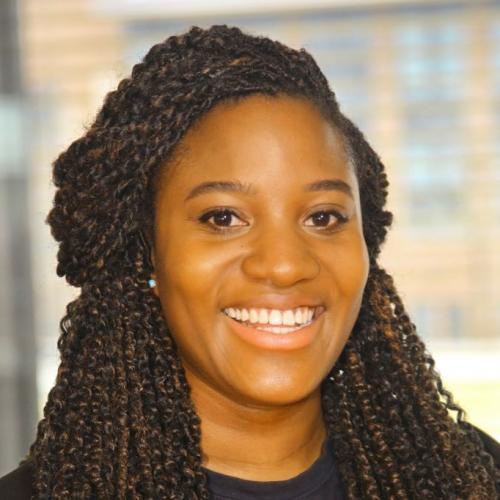
Shanique Alabi
Shanique Alabi is a 6th year PhD candidate in the Pharmacology Department at Yale University. She is performing her PhD studies in the lab of Professor Craig Crews. Her work involves studying PROTAC induced degradation of kinases implicated in cancer. She is also interested in better understanding PROTAC mechanism of action and selectivity.
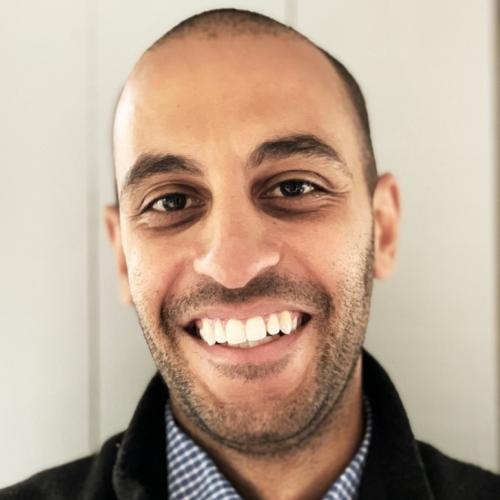
Rhamy Zeid
Rhamy Zeid leads the target biology group at C4 Therapeutics, a biotech company that is developing a new class of small molecules that direct the machinery of the ubiquitin-proteasome system to selectively degrade disease-relevant proteins for therapeutic benefit. His group uses a chemical biology approach to characterize the mechanistic and phenotypic consequences of targeted protein degraders towards clinical utility. Before joining C4 Therapeutics, Rhamy received his PhD from Harvard Medical School in the laboratory of Dr. James Bradner, where his work focused on the characterization and disruption of cis regulatory elements towards therapeutic application. Previously, Rhamy spent time in both pharmaceutical and academic environments as a drug discovery biologist focused on the development of novel therapeutics in oncology.
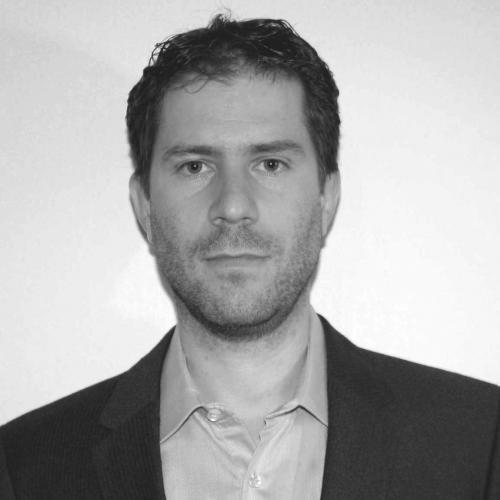
Raphael Franzini
Raphael Franzini received his Ph.D. in organic chemistry from Stanford University working in the group of Prof. Eric T. Kool. He then performed postdoctoral research in the group of Prof. Dario Neri at ETH Zürich. In 2015, he was appointed as an assistant professor in the Department of Medicinal Chemistry at the University of Utah. Research interests include the development of DNA-encoded libraries and their use for identifying chemical probes for NAD+-related targets as well as bioorthogonal chemistry for applications in drug delivery.
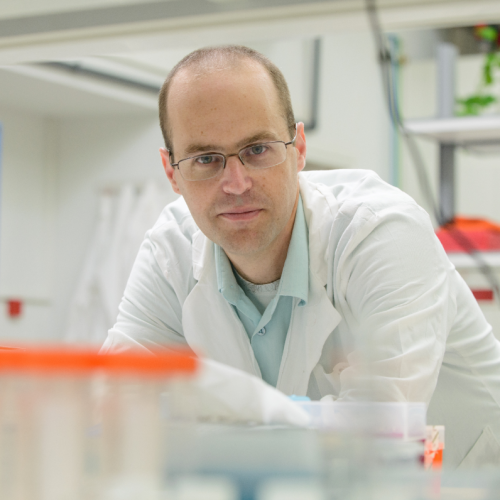
Nir London
Dr. Nir London received his PhD from the Hebrew university in 2011. He joined the Department of Pharmaceutical Chemistry at the University of California, San Francisco, as an EMBO post-doc fellow starting in 2012, and joined the Weizmann Institute as a senior scientist in 2015. Dr. London's lab is focused on covalent chemical biology and drug discovery and has developed several technologies for the design of covalent inhibitors. His honors include the Chorev Award by the Israeli Chemical Society, the Dimitris N. Chorafas Foundation Award, a postdoctoral award from the Program for Breakthrough Biomedical Research. Most recently he also received the Alon fellowship, an award of excellence from the Israel Cancer Association and the Breast Cancer Research Foundation - AACR Career Development Award for Translational Breast Cancer Research.
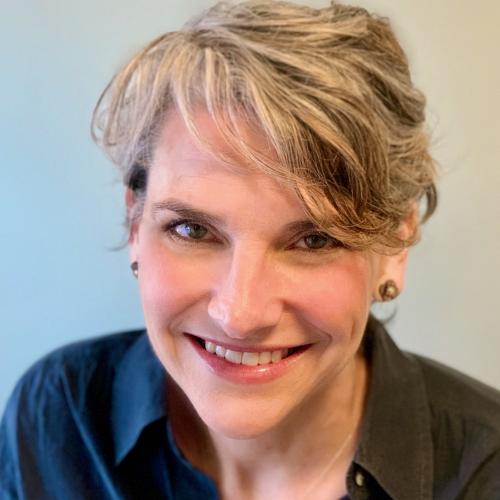
Michelle Arkin
Michelle's lab develops innovative approaches to screen for chemical tools and drug leads, using biophysical approaches like fragment-based drug discovery and biological approaches including high-content imaging with primary cells and organisms. Our goal is to demonstrate 'druggability' of new target classes and to use our compounds to discover new targets for drug discovery. Areas of interest include protein-protein interactions, allosteric and scaffolding sites in enzymes, and orphan and neglected diseases. Michelle is co-Director of the Small Molecule Discovery Center, a collaborative research facility that includes high-throughput screening and medicinal chemistry.

Matthew Disney

Mary Matyskiela
Mary Matyskiela is currently Executive Director of Molecular Sciences at a stealth-mode startup in the targeted protein degradation space. Mary received her B.S. in Chemistry from Yale University. She then went on to perform graduate work at the University of California San Francisco studying ubiquitin ligase mechanism, followed by postdoctoral studies at the University of California Berkeley on the architecture of the 26S proteasome. From there, she moved to Celgene/BMS where she spent 6 years developing targeted protein degradation technologies and expanding the horizons of molecular glue targeting through cereblon-CRL4.

Kathryn Eldridge
Kathryn Eldridge is a Partner in the Life Sciences and Chemistry group at Kilburn & Strode. She is extremely commercially focussed, and provides her clients (both start-ups and multinational companies) with a bespoke service which allows them to maximise the value of their Intellectual property. Kathryn has extensive experience managing global IP portfolios, as well as post-grant proceedings not just in Europe but in major territories such as China, Korea and Japan, allowing her to provide her clients with an effective patenting strategy to efficiently protect their commercial products.
